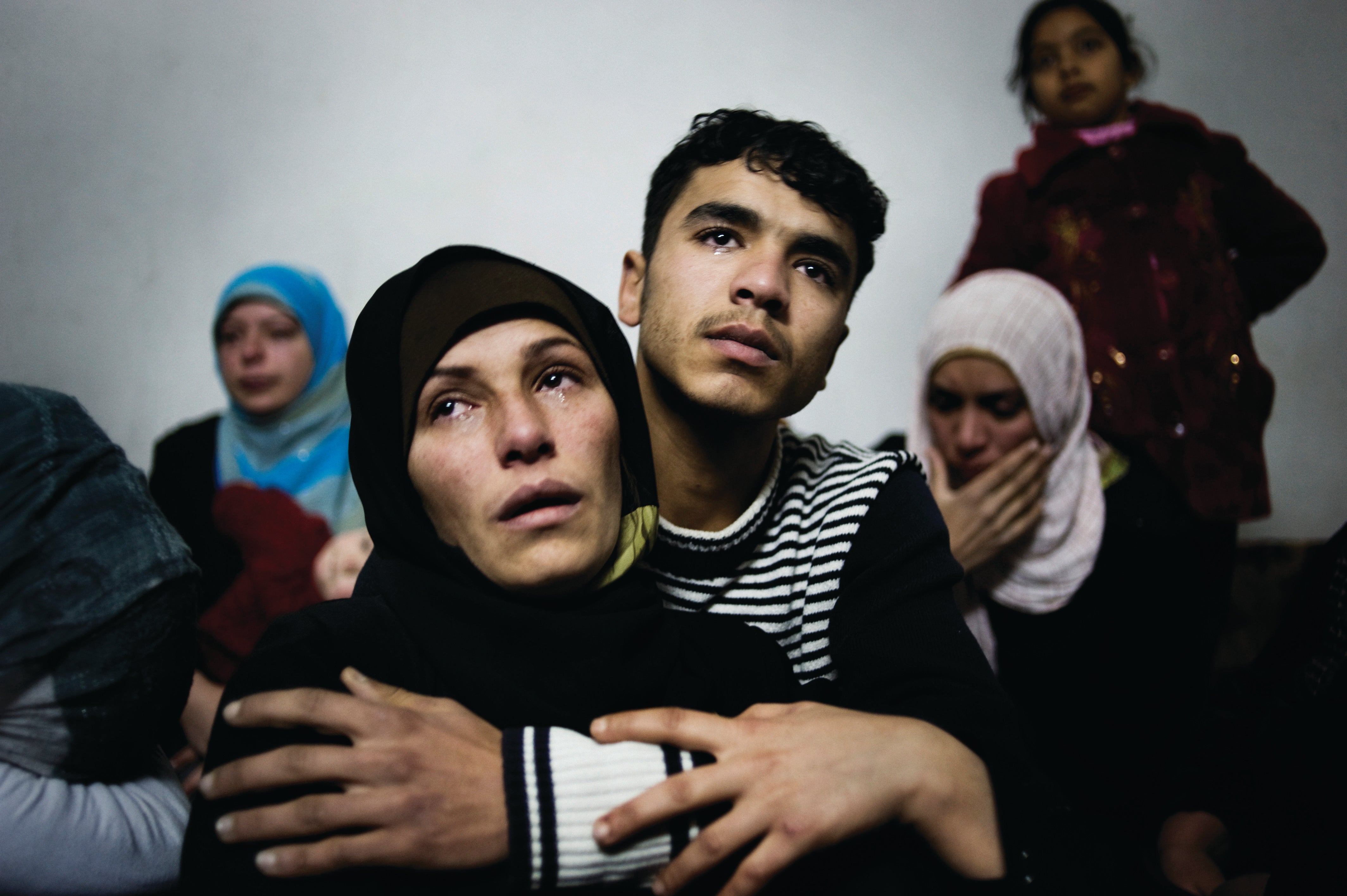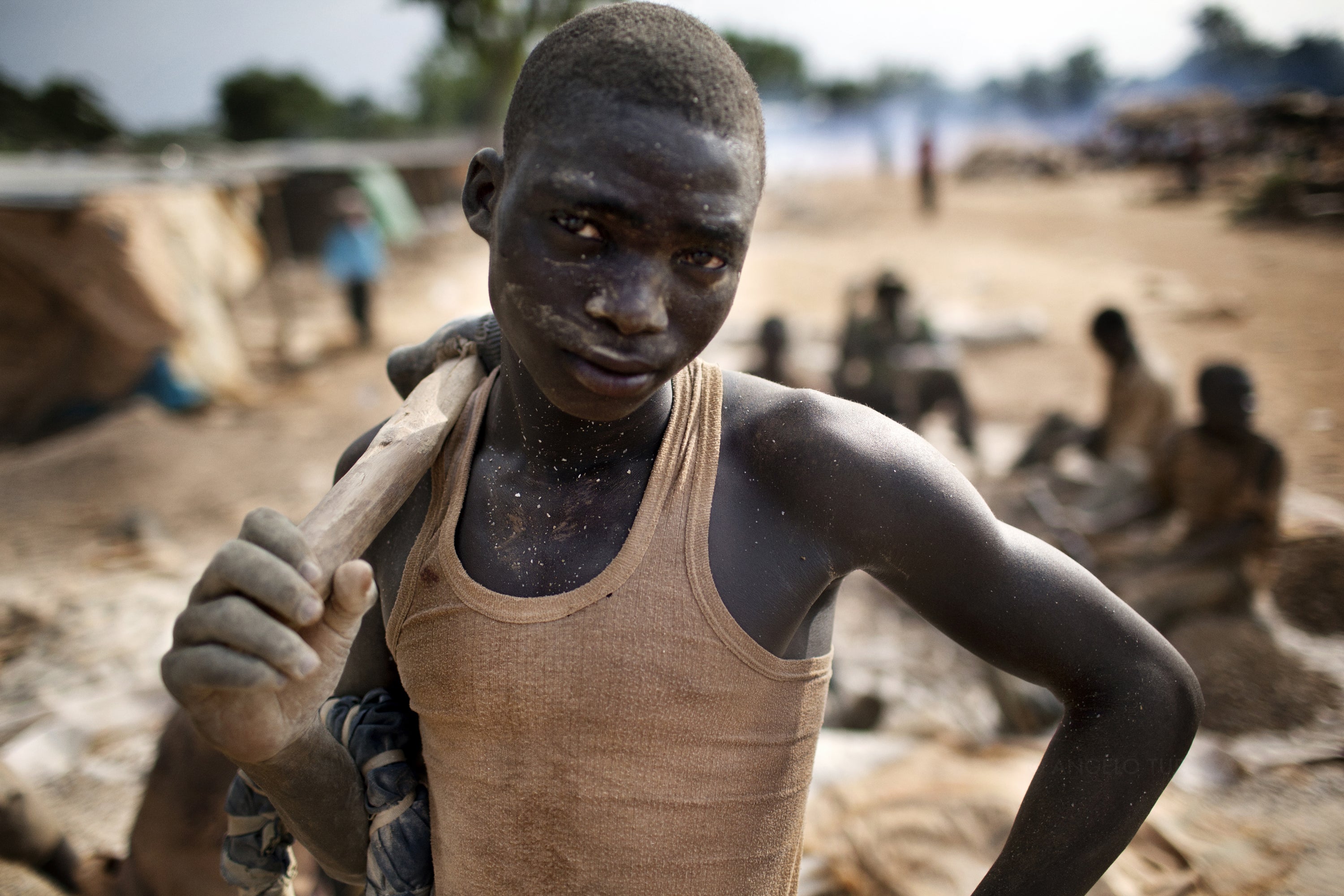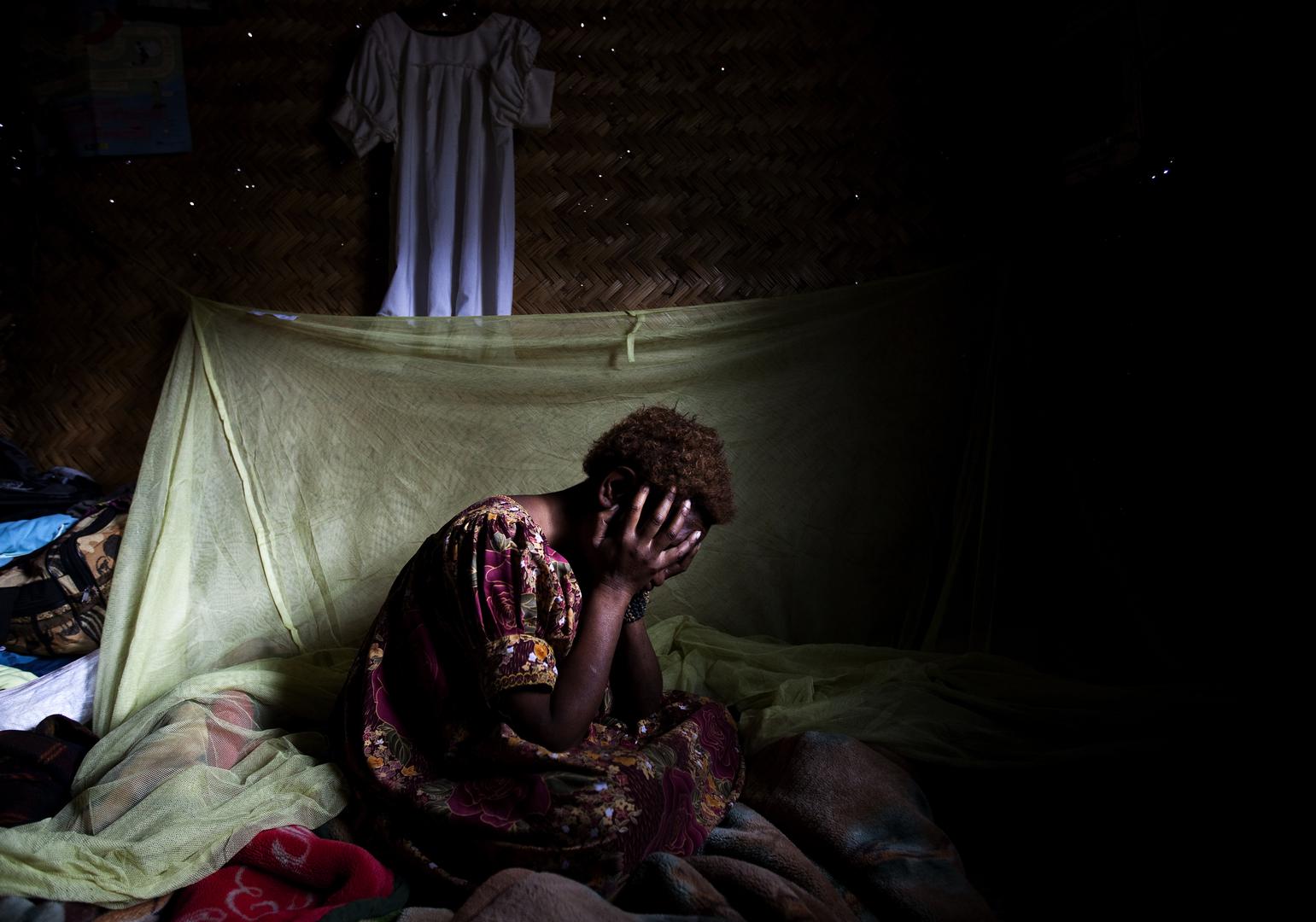President Rafael Correa has undercut freedom of the press in Ecuador by subjecting journalists and media figures to public denunciation and retaliatory litigation. Judicial independence continued to suffer in 2012 due to transitional mechanisms for judicial reform that have given the government and its supporters in Congress a powerful say in appointing and dismissing judges.
Freedom of Expression
In February 2012, President Correa won a US$2 million judgment against the co-authors of a book, The Big Brother, which dealt with questionable contracts between the president’s brother and state institutions. Correa subsequently desisted from the demand, and also pardoned Emilio Palacio, former head of the opinion section of the newspaper El Universo and three of its directors, who had been sentenced to three years each in prison in 2011 and ordered, together with the newspaper, to pay him damages totaling $40 million. In August, Palacio was granted asylum in the United States.
President Correa continues to denounce his critics during national broadcasts (cadenas) that private media are obliged to transmit and in his weekly address on state media. In June 2012, for example, after El Universo published an article critical of the president of the state investment bank, Correa showed a photo of the newspaper’s editor on his weekly address and asked the Ecuadorian people to “look at him and not to forget him, because he is the clearest example of this country’s bad press.”
According to official statistics cited in the press, the state broadcasting authority closed 20 private radio and television outlets in the first six months of 2012. The Committee to Protect Journalists (CPJ) found that in some instances government regulators ordered closures before judicial appeals had been heard, and that more than half the stations closed had been critical of the government.
In January 2012, President Correa introduced changes to electoral legislation that prohibit the media from disseminating “messages” or “reporting” that could favor or detract from a “political thesis” or candidate or electoral preference. The law grants the National Electoral Council sweeping powers to censor media deemed to violate the prohibition. In July 2012, the measures entered into force after the Constitutional Court lifted their temporary suspension while it considered a challenge to their constitutionality. In October, the court supported the ban on media “directly or indirectly” “promoting” a candidate or party.
Misuse of Anti-Terrorism Laws
Since President Correa took office in 2007, prosecutors have repeatedly applied a “terrorism and sabotage” provision of the criminal code against participants engaged in public protests against environmental and other issues. Involvement in acts of violence or obstructing roads during such protests should be ordinary criminal offenses. Yet Ecuador’s criminal code includes, under the category of sabotage and terrorism, “crimes against the common security of people or human groups of whatever kind or against their property,” by individuals or associations “whether armed or not.” Such crimes carry a possible prison sentence of four to eight years. Many of those charged with terrorism have benefited from amnesties. In other cases, terrorism charges have subsequently been dropped for lack of evidence, or trials have proceeded under lesser charges, such as obstruction or damage to property. However, people engaging in public protest continue to face the risk of prosecution for terrorism.
In July 2012, a prosecutor charged 10 people with “terrorist acts,” and breaching state security after their arrest while holding a peaceful meeting to plan their participation in a public protest. According to their lawyers, the only evidence that prosecutors had produced against them consisted of personal objects like innocuous books, t-shirts, and music found during a police raid on their homes.
Accountability for Past Abuses
A truth commission created by the Correa administration published a report in June 2010 documenting 118 cases of human rights violations committed between 1984 and 2008 involving 456 victims (including 68 victims of extrajudicial execution and 17 of enforced disappearance).
As of November 2012, more than two years after the creation of a special prosecutorial unit charged with investigating the 118 cases of human rights violations, prosecutors had charged one perpetrator, a police captain, with the fatal shooting of Damián Peña, a student, during a 2002 demonstration.
Judicial Independence
Corruption, inefficiency, and political influence have plagued Ecuador’s judiciary for years. Despite a judicial reform program that the Correa administration initiated in 2011, political influence in the appointment and conduct of judges remains a serious problem.
During 2012, the Judicial Council—a body composed of independent jurists responsible for selecting, promoting, and dismissing judges—was replaced by a transitional council with three members, one of whom was appointed by the president, one by the legislature (where Correa has majority support), and one by the Transparency and Social Control Function, the citizens’ branch established in the 2008 constitution.
In November 2011, six expert observers from Argentina, Brazil, Chile, Guatemala, Mexico, and Spain, chaired by Spanish Judge Baltazar Garzón, convened to monitor and make recommendations on the process of judicial reform. The observers reported in May 2012 that replacements would have to be found for 2,903 judges and court officials, over 1,500 of whom were removed after disciplinary proceedings, poor evaluations, or forced retirements. Many were replaced by temporary appointees without appropriate training.
In July 2012, 210 permanent first instance judges appointed by the transitional council took their seats. The results of the qualifying exams were widely criticized for alleged anomalies. Those who failed to achieve a minimum mark in a final training course held by the council—in which an interview was a key component—were rejected without the right to appeal, even though they rated highly in their overall grade. Two judges who had ruled in Correa’s favor in the El Universo case were appointed to permanent posts although their overall scores were lower than others who were rejected. Among its preliminary recommendations, the observers’ group suggested that “the excessive weighting” given to the final interview be reconsidered.
A memorandum issued by the transitional council in July warned judges that they would face sanctions and possible dismissal if they accepted appeals for the protection of constitutional rights against the state. Such threats constitute unwarranted interference in judicial independence and discourage judges from contesting the selection process organized by the council.
In July 2012, a prosecutor, Antonio Gagliardo, dismissed charges of prevarication and forgery against Judge Juan Paredes—who had convicted Palacio and his colleagues from El Universo in July 2011—as well as Gutemberg Vera, Correa’s lawyer, despite credible evidence that the latter had given Paredes a draft of the sentence in a pen drive beforehand. Paredes was selected for a permanent judicial post, and in October Gagliardo was appointed to the Constitutional Court.
Human Rights Defenders
Correa’s government has sought to discredit human rights defenders by accusing them of receiving foreign funds to destabilize the government. In April 2012, President Correa accused Fundamedios—a nongovernmental organization that in October 2011 had testified at a meeting convened by the Organization of American States’ (OAS) special rapporteur on freedom of expression—of being a US government “informant.” In July 2012, a top government official accused Fundamedios of meddling in Ecuadoran politics and of receiving funds from USAID to destabilize the government. Correa has repeatedly singled out Fundamedios Director César Ricaurte for criticism, and shown photographs of him during his weekly address.
A presidential decree adopted in July 2011, regulating international NGOs with offices in Ecuador, allows the government to monitor all their activities and rescind their authorizations if they engage in activities different from those described in their application, resort to “political interference,” or “attack public security and peace.”
Disability Rights
In June 2012, Ecuador’s Congress approved a law promoting the rights of people with disabilities, which includes improvements in pensions, social security provisions, and school curricula. It also created a National Council for Persons with Disabilities (CONADIS) to monitor and propose reforms on provisions and rights of people with disabilities.
Key International Actors
In December 2011, after the Inter-American Commission of Human Rights (IACHR) and its Office of the Special Rapporteur on Freedom of Expression raised concerns regarding press freedoms in Ecuador, President Correa called for the IACHR to be replaced by a new regional human rights body. He also pushed for the OAS to limit the special rapporteur’s funding and effectiveness. At the OAS annual assembly in June 2012, Correa again vehemently criticized the commission and the special rapporteur and promoted measures that would seriously undermine their autonomy and effectiveness.
In May 2012, Ecuador’s human rights record came under scrutiny in the UN’s Human Rights Council’s (HRC) Universal Periodic Review (UPR) for restrictions on freedom of expression, efforts to regulate NGOs, and delays in implementing judicial reform. Ecuador rejected a recommendation to end criminal sanctions for the expression of opinions.




